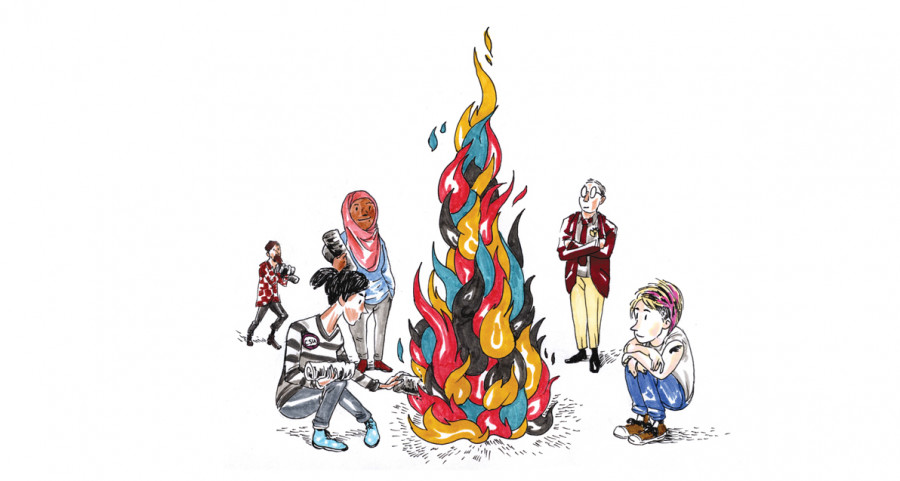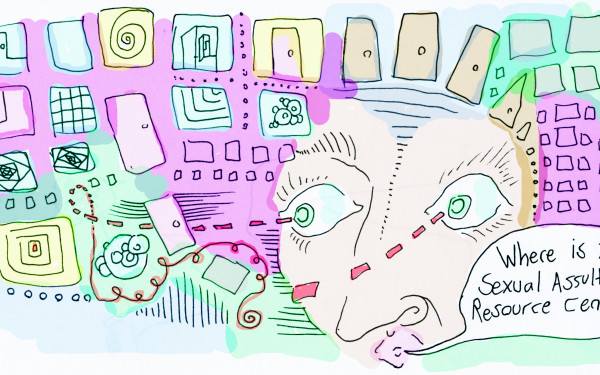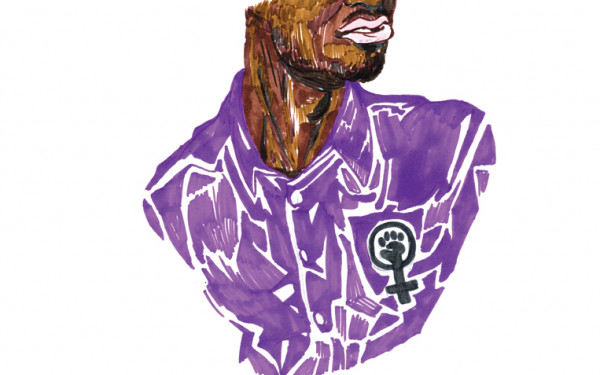Editorial: Building a Safer Concordia
Around this time last year over 100 people marched in the annual Take Back the Night demonstration, holding banners in support of the Sexual Assault Centre campaign at Concordia.
One year later, the centre’s doors are open.
Concordia’s Sexual Assault Resource Centre opened on Nov. 11 after two years of campaigning by the Centre for Gender Advocacy. It offers much-needed services and represents a milestone in Concordia’s history.
The fact that the SARC is now open, complete with university funding, an accessible space and a full-time employee, is impressive. Two years is warp speed in Concordia time—and it shows how effective the “A Safer Concordia” campaign has been.
With a focus on prevention, it shows a commitment from the university to not only address after-the-fact incidents, but also the systemic issues that contribute to the unsettling statistic of one in four students being sexually assaulted while in university.
It makes us optimistic that archaic beliefs—of survivors as the ones provoking these assaults—can further fade into history. The rhetoric of not walking alone after dark and not wearing short skirts has been perpetuated for far too long. Placing emphasis on prevention is enormously important.
A campus is a fickle place, with activists decrying rape culture sharing the space with cheers promoting “non-consensual sex,” as most large media outlets described a controversial St. Mary’s University frosh chant that made headlines earlier this year. The amount of attention this kind of behaviour is getting, however, is a sign that things are changing.
As a shared space, it’s imperative that everyone feels safe in it.
That this is a university-backed initiative highlights the fact that the overturning of the victim-blaming norm is slowly unfolding the public consciousness—and it’s important to give credit where it is due.
The Centre’s work, collaborating with Counselling and Development, the Dean of Students Office, the Concordia Student Union and Concordia Health Services, shows how groups with very different mandates can unite under a common banner and bring about change.
The administration has shown that addressing issues of sexual assault does not mean that rape will automatically be brought to mind when you think of Concordia—it’s quite the opposite, in fact.
Providing these resources to survivors and the community-at-large is something to be celebrated.
Simply because there is a sexual assault centre does not mean that assaults will stop happening, but its presence will work to bring the issue out of the shadows.
Now students have somewhere to go—where they know they will speak with people possessing the appropriate sensitivity and training—if they are assaulted.
This effort shows the university is putting the well-being of students ahead of publicizing taboo subjects, and it’s worth commending. While the centre’s coordinator has a one-year contract, all parties involved seem confident in a sustained future for the program, and it is imperative that this initiative lasts beyond just a single year.
Out of the demands in the Centre for Gender Advocacy’s sexual assault centre petition signed by more than 1,000 supporters, there is one point that’s still in the works.
The petition calls for the university to “enact clear and accessible policy relating specifically to cases of sexual assault;” we’re hopeful of that coming soon. The Centre has already proven the resilience of its “A Safer Concordia” campaign.
To make clearer what is expected of those outside of the SARC environment, Concordia’s Code of Rights and Responsibilities must be amended. The Centre has called for a distinction to be made between sexual harassment and sexual assault, and we echo that call.
Creating true change means we can never rest on our laurels. We’re going in the right direction, but there is still much work to be done.



_600_375_90_s_c1.jpg)


_600_375_90_s_c1.jpg)